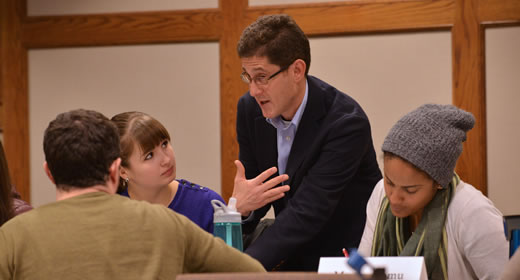
In a March 23 piece for Brookings’ Evidence Speaks series, Brian Jacob outlines recent research that aims to answer key questions about the effectiveness of U.S. charter schools.
Jacob’s article, “The evolution of the charter school market and the next generation of charter school research,” points out a shift in the conversation about charter schools.
“For a long time, the debate over charter schools has revolved around the simplistic question of whether they are better or worse than traditional schools,” he says. “A number of new research studies are beginning to investigate some more nuanced questions with regard to charters.”
Jacob cites one study which finds that charter school effectiveness increased, on average, in 16 states, largely due to the closure of low-performing charter schools. Another North Carolina study finds that charter schools are attracting "more capable" and "fewer poor and minority students" than in past years.
“I don’t expect that the next generation of charter school research will (nor should it) provide a single definitive answer to what is a complex and nuanced issue,” he says. “Moving forward, I hope to see even more research that investigates the mechanisms underlying charter school effectiveness.”
Brian Jacob is the Walter H. Annenberg Professor of Public Policy at the Gerald R. Ford School of Public Policy and a professor of education and economics--all at the University of Michigan. He is co-founder and co-director of the Ford School's Education Policy Initiative, which engages in applied, policy-relevant research designed to improve educational outcomes and reduce disparities.